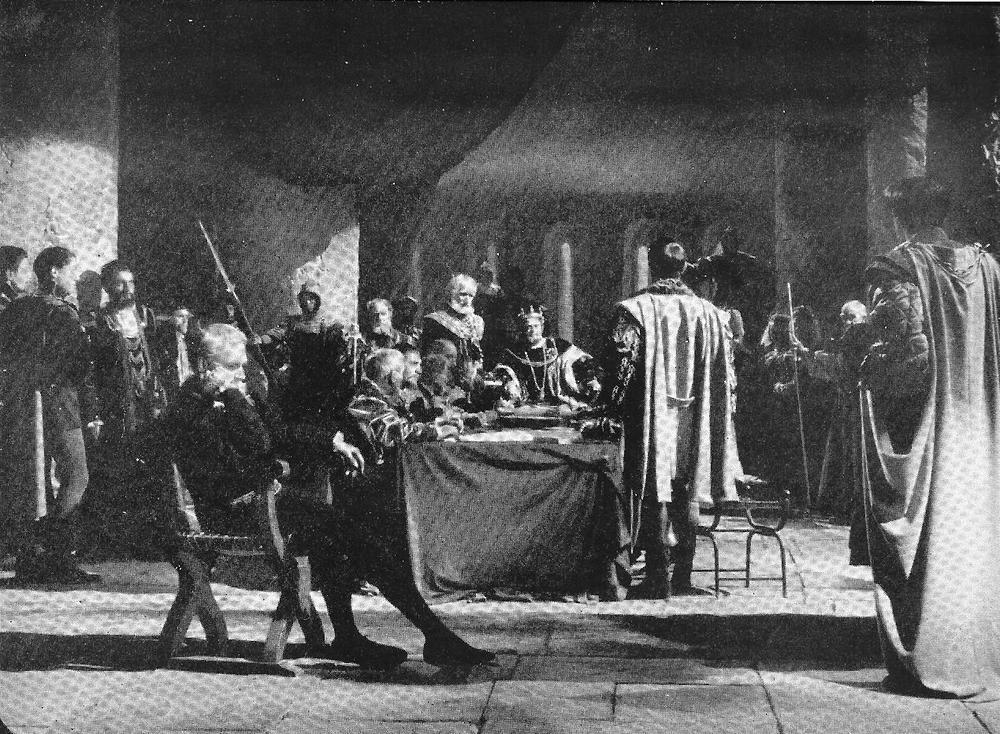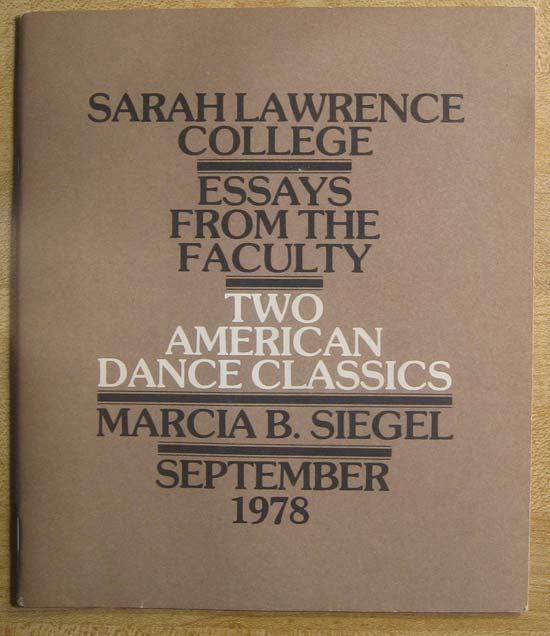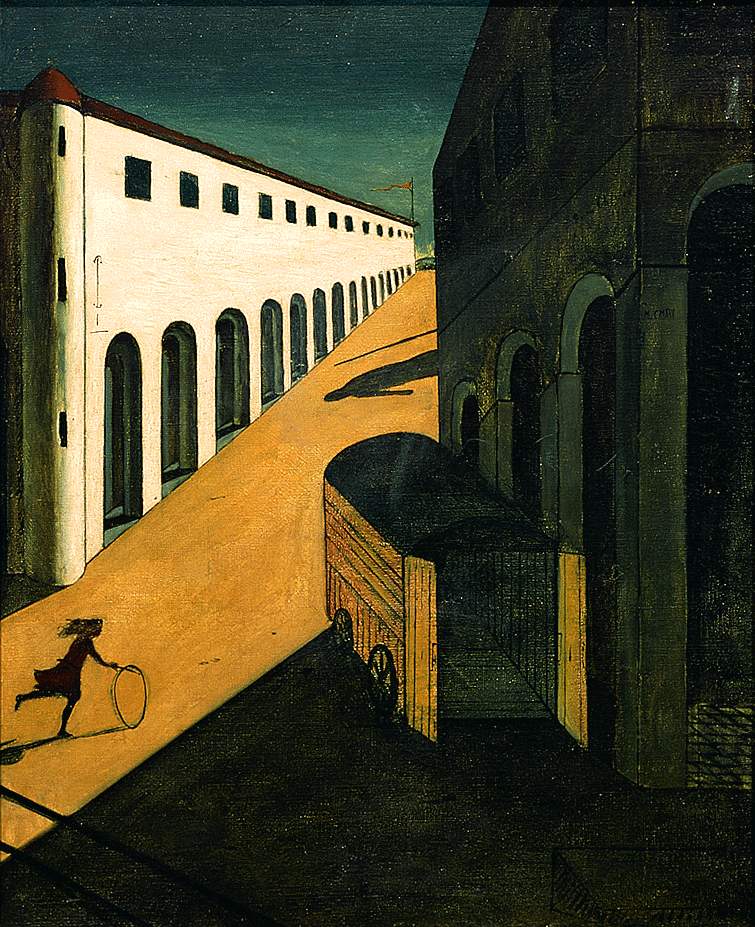
T.S. Eliot Eliot’s collection of essays on poetry and criticism covers such masters of verse as Dante and Blake as well as his critical views of poetic drama, rhetoric, blank verse and other critics such as Ben Johnson, Swinburne and Phillip Massinger.

Essays such as Evangelical Teaching' show her rejecting her earlier religious beliefs, while Woman in France' questions conventional ideas about female virtues and marriage, and Notes on Form in Art' sets out theories of idealism and realism that she developed further in Middlemarch and Daniel Deronda.

Though famous for insisting on “objectivity” in art, Eliot’s essays actually map a highly personal set of preoccupations, responses and ideas about specific authors and works of art, as well as formulate more general theories on the connections between poetry, culture and society.
.jpg)
Writing about the poetry of Eliot is difficult for a number of reasons. One major difficulty is that Eliot himself helped dictate the rules for how critics interpret poetry. He did this through his.






